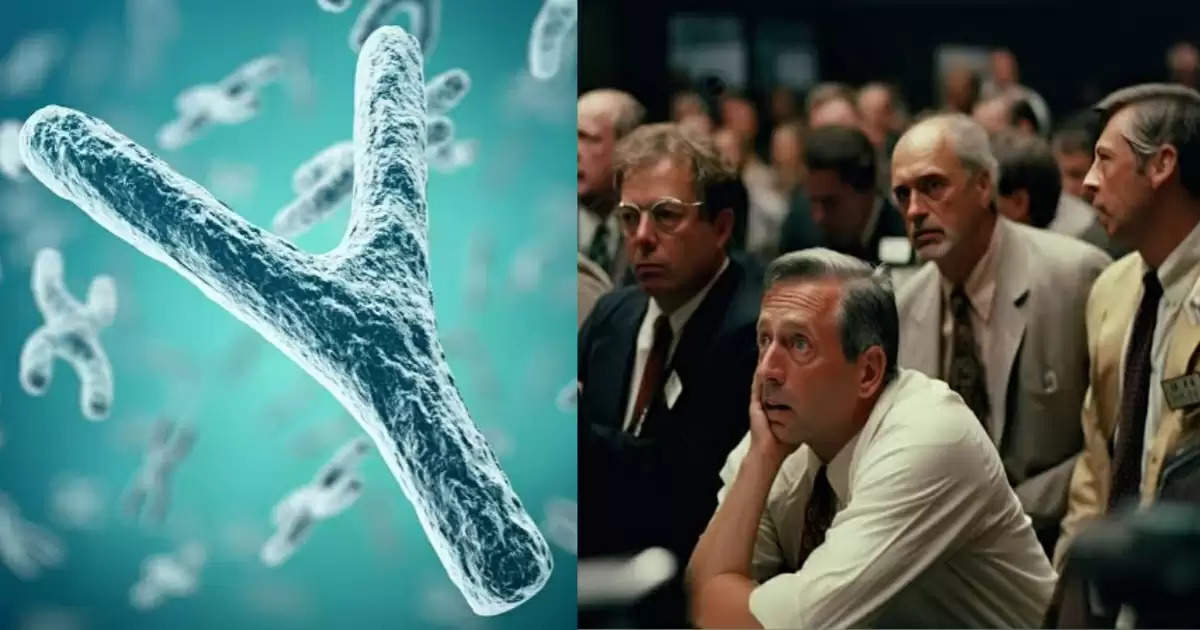The End of Boys? Y Chromosome Crisis Sparks Panic, only girls will be born

What will be the gender of the foetus growing in the woman's womb? That is, whether the child will be a boy or a girl depends on the chromosomes of the parents. In fact, there are two X chromosomes in the female body and one X and one Y chromosome in the male body. When the male and female XX chromosomes combine, the foetus is a girl. Similarly, when the XY chromosome is combined, it results in a boy.
The Final Generation of Boys!
This means that a boy must have a Y chromosome. If the Y chromosome in males is destroyed, then no boys will be born, only girls will be born, and then human civilisation will disappear. A new study has also raised concerns about similar risks. In which it is said that the Y chromosome is decreasing.
According to a Science Alert report, research suggests that the human Y chromosome is declining and may disappear entirely in the future. However, it will take millions of years to complete. If humans are not able to develop a new gene to replace the Y chromosome and such degradation of the Y chromosome continues, human life on Earth may become extinct.
A research paper published in 2022 in the Proceedings of the National Academy of Sciences raised the prospect of developing a new gene. It describes how spiny mice have evolved a new male-determining gene. This is an alternative possibility. Which suggests that humans could develop a new sex-determining gene. However, it is not so easy. There are also many risks in its development. This means it would be difficult to consider it as an option now.
Females and males have one X and one Y chromosome. X has about 900 genes, while Y has about 55 genes and lots of non-coding DNA. The Y chromosome packs a punch because it contains an important gene that initiates male development in the embryo. This master gene turns into another gene after 12 weeks of pregnancy. It produces male hormones in the embryo, which ensure that the baby will develop as a boy.
Research shows that the difference between the two chromosomes is increasing. Over the past 166 million years, the Y chromosome has lost 900–55 active genes. This suggests that five genes are lost every million years. At this rate, 55 genes will be lost in 11 million years. The decline of the Y chromosome has scientists worried.
